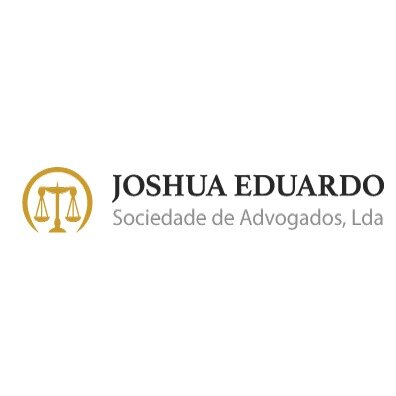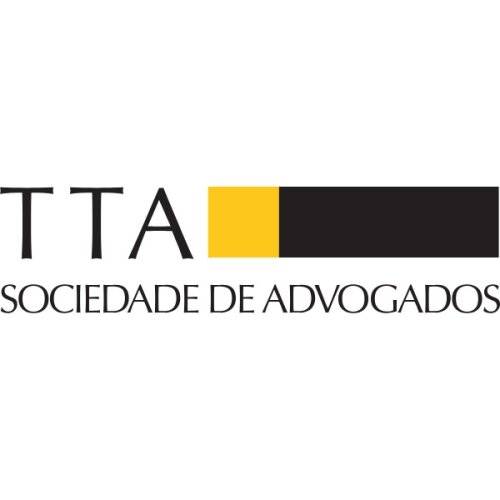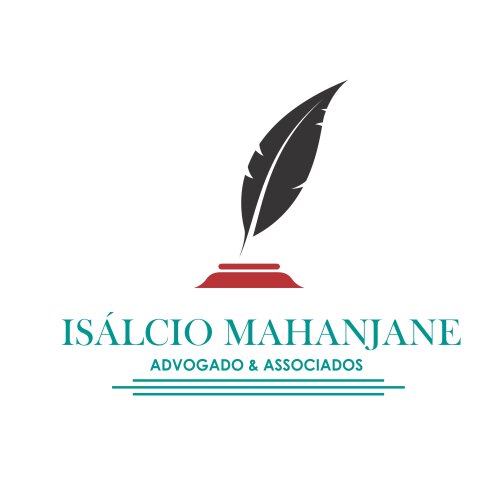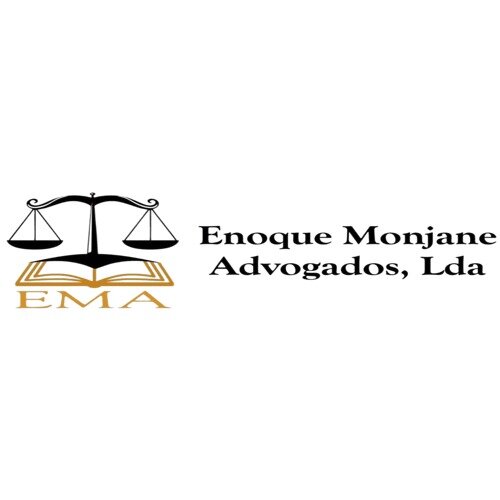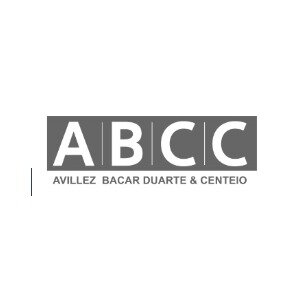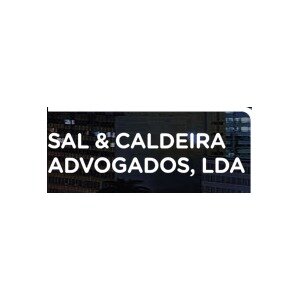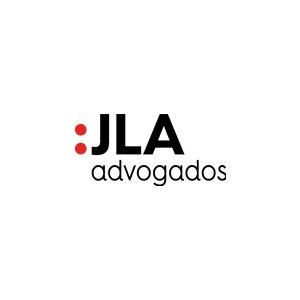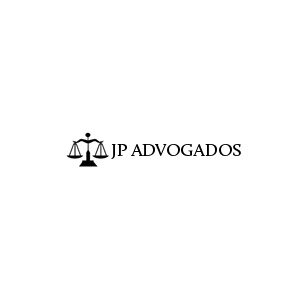Best International Lawyers in Mozambique
Share your needs with us, get contacted by law firms.
Free. Takes 2 min.
Or refine your search by selecting a city:
List of the best lawyers in Mozambique
About International Law in Mozambique
International law in Mozambique encompasses a variety of legal frameworks that govern the nation's relationships and interactions with other countries and transnational entities. As a member of numerous international organizations, such as the United Nations and the African Union, Mozambique is bound by treaties, conventions, and customary international laws. The country actively participates in international trade, diplomatic relations, and global environmental initiatives, aligning its domestic laws with its international obligations.
Why You May Need a Lawyer
There are several scenarios where an individual or organization may require legal assistance in the field of international law in Mozambique:
- Business Expansion: Companies looking to expand their operations into or outside Mozambique may need guidance on trade agreements and compliance with international regulations.
- Immigration Issues: Navigating visas, work permits, and residency requirements for expatriates or those considering immigration to Mozambique.
- Environmental Compliance: Adhering to international environmental treaties and local environmental laws relevant to international companies operating in Mozambique.
- Human Rights Advocacy: Legal support for NGOs or individuals involved in the advocacy of human rights protected under international law.
- Cross-border Disputes: Resolving conflicts or disputes that involve international jurisdictions.
Local Laws Overview
Mozambique's legal system is heavily influenced by its colonial past under Portuguese jurisdiction, with civil law forming the basis of its legal framework. Here are key aspects of local laws relating to international issues:
- Trade and Investment Laws: Mozambique has specific regulations in place to facilitate foreign investment, aligned with international trade agreements.
- Immigration Law: Regulates the entry, stay, and exit of foreigners, in alignment with regional agreements like the SADC protocols.
- Environmental Law: Raises compliance requirements with global environmental standards and agreements Mozambique is party to.
- Intellectual Property Law: Offers protection in accordance with international treaties such as the World Intellectual Property Organization (WIPO).
Frequently Asked Questions
What is international law and how does it apply in Mozambique?
International law refers to legal principles that govern relations and interactions between countries. In Mozambique, these laws are applicable through international treaties and conventions the nation is a party to and are implemented by domestic legislation.
How can I ensure compliance with international labor standards in Mozambique?
You can ensure compliance by understanding Mozambique’s labor laws that incorporate international labor standards, such as agreements established by the International Labour Organization (ILO).
What procedures are in place for resolving international trade disputes?
Mozambique follows trade dispute resolutions within the frameworks established by regional and international trade organizations, including the World Trade Organization (WTO).
Can a foreign entity own land in Mozambique?
No, foreign individuals or entities cannot own land in Mozambique. The land is owned by the state, but usage rights can be obtained through various governmental procedures.
How do I obtain a work permit in Mozambique?
Work permits are typically obtained through the National Institute of Employment and Professional Training (INEFP) and often require a labor contract and proof of expertise.
What are the implications of international sanctions on doing business in Mozambique?
International sanctions can affect trade and investment, potentially imposing restrictions on entities or whole sectors, requiring legal guidance to navigate these complexities.
How is intellectual property protected internationally in Mozambique?
Intellectual property rights are protected under Mozambique's adherence to international treaties such as the Paris Convention and the TRIPS Agreement.
What organizations are involved in enforcing international human rights in Mozambique?
Enforcement often involves cooperation between the Mozambican government, local NGOs, and international bodies such as the United Nations Human Rights Council.
What legal steps are required for establishing a business in Mozambique?
Steps include obtaining business permits, registering with the Commercial Registrar, and ensuring compliance with tax and labor regulations.
How does Mozambique participate in regional and international environmental protection efforts?
Mozambique participates by ratifying international environmental treaties and establishing national laws for environmental protection, such as the Environmental Framework Law.
Additional Resources
For further information and guidance on international law matters in Mozambique, consider reaching out to the following:
- Mozambican Bar Association: Offers a list of qualified lawyers specializing in international law.
- Ministry of Justice: Provides information and access to legal resources within the country.
- Centro de Arbitragem e Mediação de Conflitos de Moçambique (CAMC): A useful resource for arbitration matters.
Next Steps
If you need legal assistance with international issues in Mozambique, it's important to:
- Conduct research to understand the specific legal area and identify potential challenges.
- Contact a specialized legal professional or law firm with expertise in international law.
- Prepare any relevant documents or information that may be required for legal consultation.
- Follow up with legal experts to ensure all aspects of your legal needs are being addressed comprehensively.
Lawzana helps you find the best lawyers and law firms in Mozambique through a curated and pre-screened list of qualified legal professionals. Our platform offers rankings and detailed profiles of attorneys and law firms, allowing you to compare based on practice areas, including International, experience, and client feedback.
Each profile includes a description of the firm's areas of practice, client reviews, team members and partners, year of establishment, spoken languages, office locations, contact information, social media presence, and any published articles or resources. Most firms on our platform speak English and are experienced in both local and international legal matters.
Get a quote from top-rated law firms in Mozambique — quickly, securely, and without unnecessary hassle.
Disclaimer:
The information provided on this page is for general informational purposes only and does not constitute legal advice. While we strive to ensure the accuracy and relevance of the content, legal information may change over time, and interpretations of the law can vary. You should always consult with a qualified legal professional for advice specific to your situation.
We disclaim all liability for actions taken or not taken based on the content of this page. If you believe any information is incorrect or outdated, please contact us, and we will review and update it where appropriate.
Browse international law firms by city in Mozambique
Refine your search by selecting a city.



